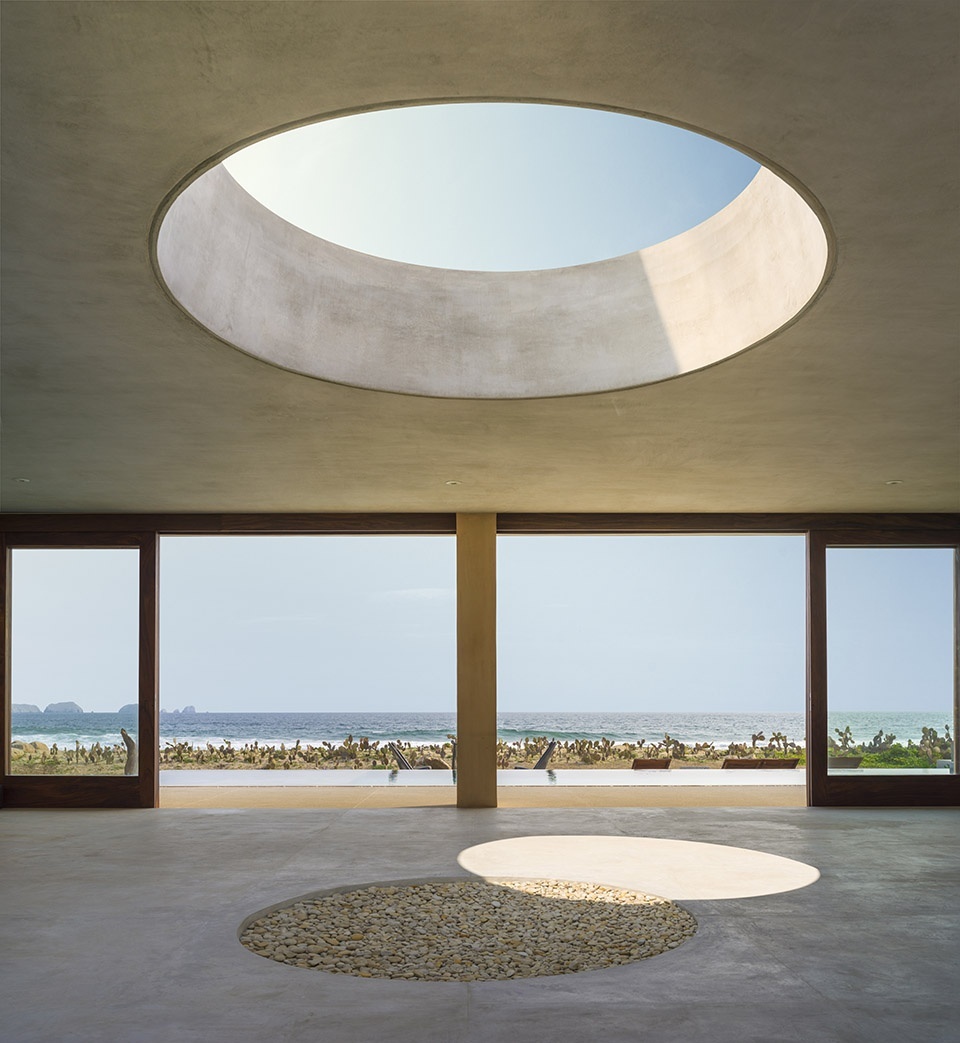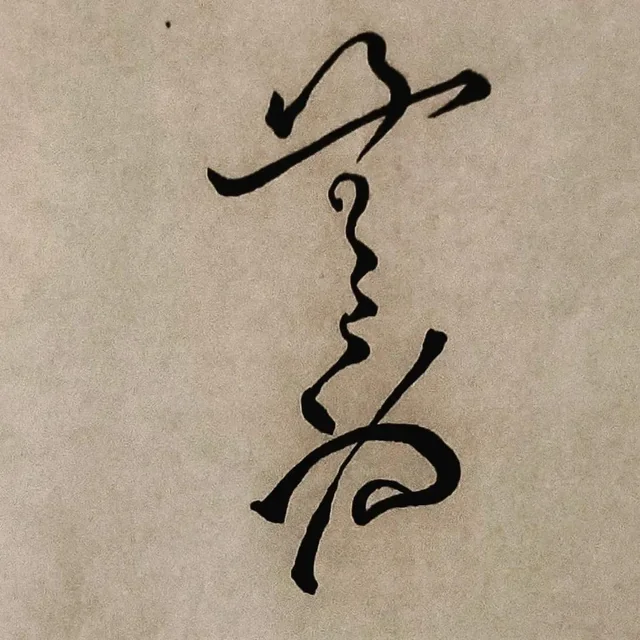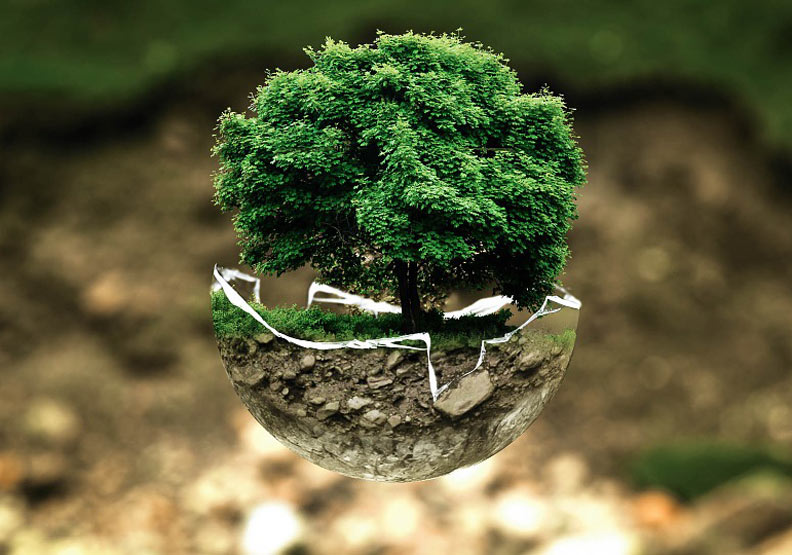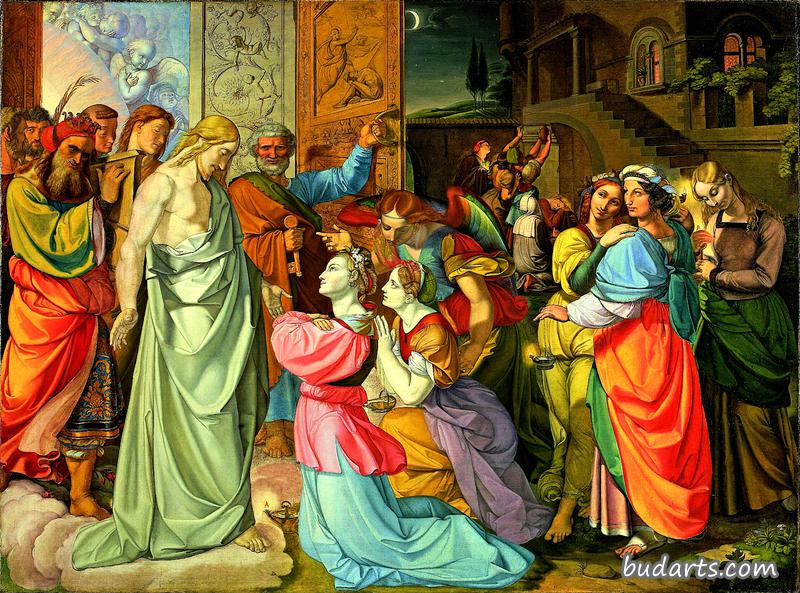
一六七 活於真實
大師似乎非常珍惜自己的生命,活得極其充實;同時,當他責斥政府的暴虐,或率領弟子照顧蔓延傳染病的村民時,人人都看得出,他是在玩命。
「真正的智者對死亡一無所懼。」他曾說。
有囘,弟子問他:「一個人怎能如此輕易地交付自己的生命呢?」
「當天色已經破曉,有誰會躭心燭光將逝呢?」
REALITY
While the Master seemed to relish life and live it to the full he was also known to take
great risks, as when he condemned the tyranny of the government, thereby courting arrest
and death; and when he led a group of his disciples to serve a plague-stricken village.
“The wise have no fear of death.” he would say.
“Why would a man risk his life so easily?” he was once asked.
“Why would a person care so little about a candle being extinguished when day has
dawned?”







 一六0 莽 撞
一六0 莽 撞
